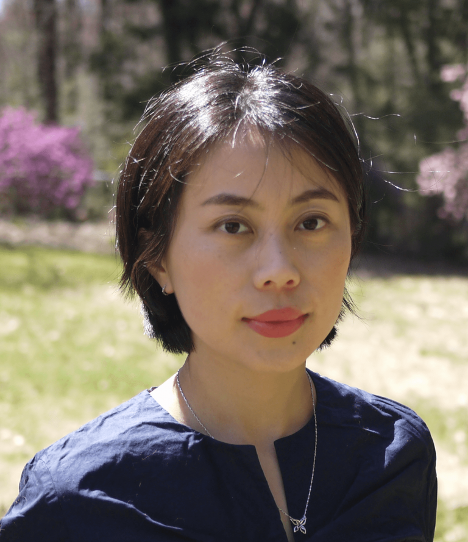Jie Fu
Assistant Professor
Electrical and Computer Engineering
University of Florida
Thursday, November 16, 2023 | 3:00 PM | Virtual
Abstract: Robots and IoT systems have increasingly been used to perform daily tasks in more or less open environments and thus may subject to adversarial attacks in both cyber- and physical- environments. To counter the sophisticated attackers, deception and dynamic defense can help to complement traditional security mechanisms and decision-making systems. This talk presents our recent work on synthesizing deceptive strategies in multi-stage attack-defend interactions based on hypergame theory. It is centered on two classes of deception methods, payoff manipulation and capability deception. For payoff deception, we focus on deceptive resource allocation in both proactive and reactive defense: How to deploy limited deception resources to mislead the attackers into committing an attack strategy favored by the defender? How to jointly design the deception resource allocation and the defender’s strategy to ensure provably secured systems? Then, we discuss capability deception in which an agent can improve its mission success rate by hiding its action capabilities to its adversary and reveal it strategically. The presentation highlights the importance of integrating game theory, formal methods, and optimization theory into the technical solutions for security in cyber-physical systems.
Bio: Jie Fu received her Ph.D. in Mechanical Engineering from the University of Delaware in 2013, and subsequently worked as a Postdoctoral Scholar with the University of Pennsylvania from 2013 to 2015. From 2016 to 2021, she served as an Assistant Professor in the Department of Robotics Engineering at Worcester Polytechnic Institute. In 2021, she joined the Department of Electrical and Computer Engineering at the University of Florida as an assistant professor. Fu’s research focuses on developing control theory and planning algorithms for constructing secured (semi-)autonomous systems with high-level logic reasoning and adaptive decision-making capabilities. Dr. Fu has also received several early career awards, including the AFOSR Young Investigator Award and the DARPA Young Faculty Award in 2021, and the NSF CAREER Award in 2022. She has received funding for her research projects from ARO, NSF, DARPA, and AFOSR.

